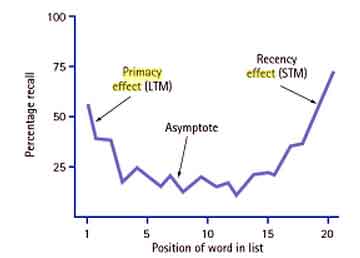Why Starbucks baristas were told to slow down | Nudge Newsletter 🧠
|
Nudge Newsletter
I spend 18 hours each week turning marketing psychology into readable newsletters.
My interview mistake A few years back, I was asked to interview for a Director of Product Marketing role. The recruiter emailed me and asked when I would like to interview. "First, last or somewhere in the middle?" Being the behavioural science nerd I am, I decided to go first. Why? The primacy effect suggests that the first interview will stick more in the mind than others. The Serial Position Effect study (Glanzer & Cunitz, 1966) showed that words listed first had a higher recall than...
A secret bestseller. Do you recognise this football player? Probably not. He's only played for England once. And yet. This fairly unknown English footballer sold more books than David Beckham, Michael Owen, Steven Gerrard, and Frank Lampard combined. He did so using the curiosity gap. He wrote under a pseudonym, "the Secret Footballer". By hiding his identity, he could share hard truths, gossip, and uncensored stories, such as the drunken antics of a Chelsea striker or the binge-eating winger...
Power pause. In one study (cited in The Anatomy of a Breakthrough), a team of psychologists investigated the value of pauses during negotiations. They asked 60 pairs of university students to negotiate over a job package. One of the students was the recruiter, and the other was the job candidate. 50% were directed to pause during the negotiation. 50% were directed to negotiate naturally. The pause group performed far better. They negotiated better deals (for both parties). According to Adam...
